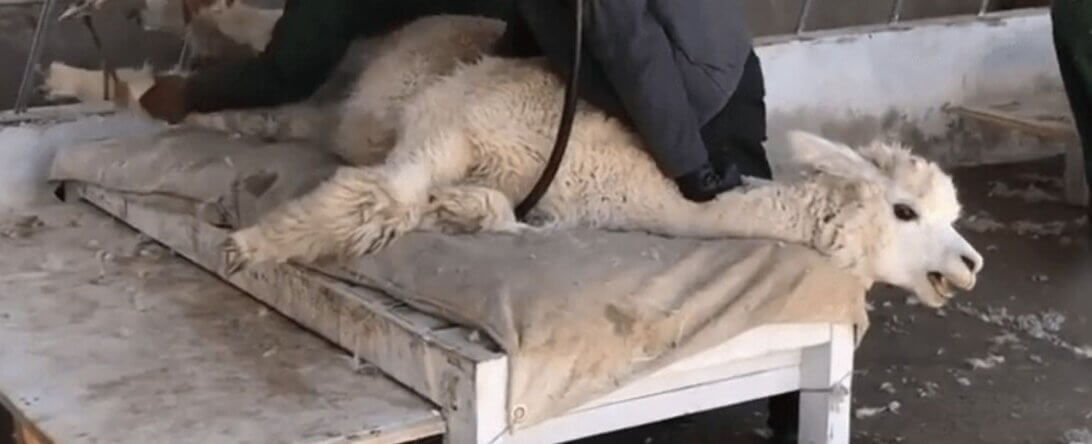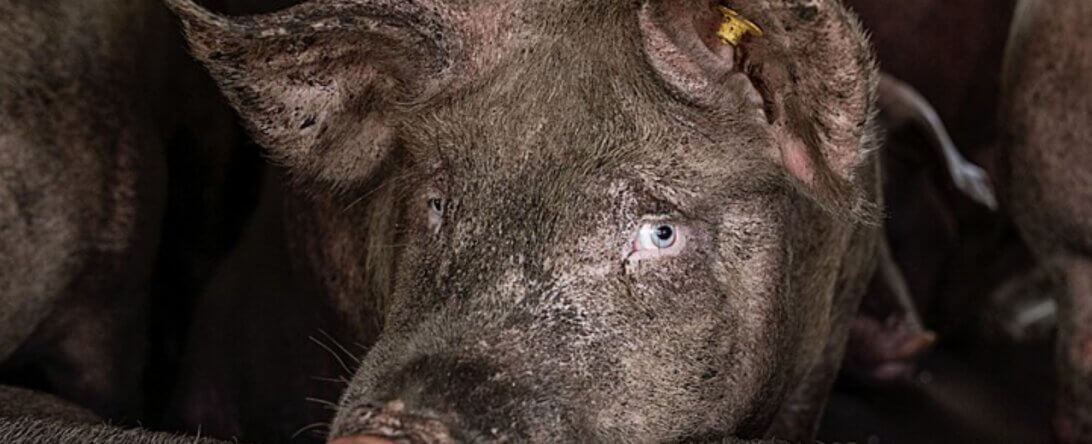How to Table at Your School to Help Animals
Have you ever wondered how you can inform other students at your school about animal rights? Set up a table with leaflets and stickers about animal issues! “Tabling” is an effective way to get information out to lots of people at once. Follow the tips below and you’ll be saving animals in no time.
Set Up
Before you get started, join Students Opposing Speciesism to connect with other animal rights activists and get access to free training, protest kits, and more. Contact us at [email protected] so we can help you plan your tabling event. Keep in mind that we need at least two weeks’ notice to hook you up with free posters and leaflets.
Get permission from your school (or wherever you’re planning to table). Most students set up their table in the school cafeteria, the hallway between classes, or the library—somewhere with lots of foot traffic. On the day of the event, make sure your table looks inviting and orderly and put some type of freebie or takeaway on it. This will entice people not only to stop by but also to remember your message for years to come.
Gather Signatures
Your table should have petitions, pledges, or signup sheets for your animal rights club. (If your school doesn’t have an animal rights club yet, check this out.) Getting signatures and contact info on petitions is the key to keeping people updated and involved once they’ve left your table. Looking for a petition or pledge on a specific issue? E-mail us at [email protected] for assistance.
Engage People
Don’t wait for students to come to you—stand in front of your well-organized table and talk to those who pass by. You may want to prepare a friendly opening line. It can be as simple as “Hi! Did you get one of these yet?” or “Do you have a moment to sign my petition?” Talk to as many people as possible, and make sure everyone leaves with stickers and leaflets.
Be Prepared
By educating yourself on the issues in advance, you’ll ensure that answering questions will be a breeze. We find it helpful to memorize at least three facts from the literature on your table. And make sure students leave with a leaflet on the issues discussed—for example, if someone asks about the dairy industry, give them a leaflet about going vegan.
Don’t Be Afraid of Tough Questions
Animal rights issues are deep and complex, so don’t worry if you don’t know the answer to a tough question. Simply get the person’s contact information and offer to get in touch with them later. You can also have peta2.com already pulled up on your phone for quick reference. If you don’t know something, that’s OK—never lie.
Don’t forget to have fun! And remember why you’re there: to help animals.
Plan a Tabling Event = Earn peta2 Points!
If you tabled for animals within the last month, we want to hear all about it and reward you for making a difference. Tell us how your tabling event went using the form below and you may earn 100 peta2 points for your peta2 Rewards account that you can redeem for exclusive merch!
Text peta2 to 30933 for ways to help animals, tips on compassionate living, and more!

Terms for automated texts/calls from peta2: http://peta.vg/txt. Text STOP to end, HELP for more info. Msg/data rates may apply. U.S. only.




